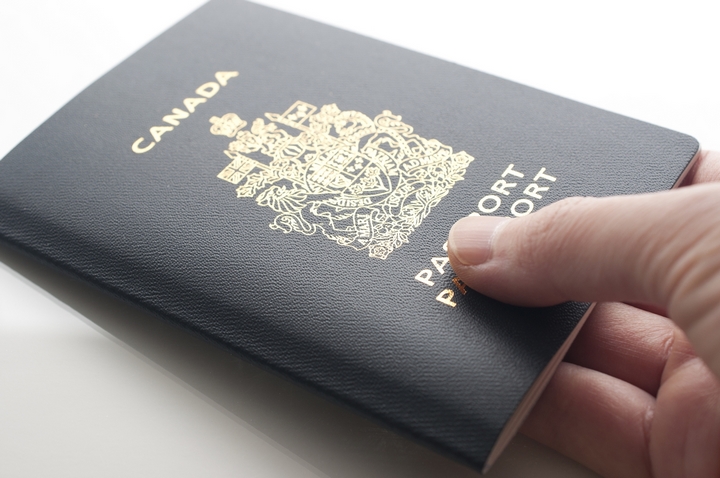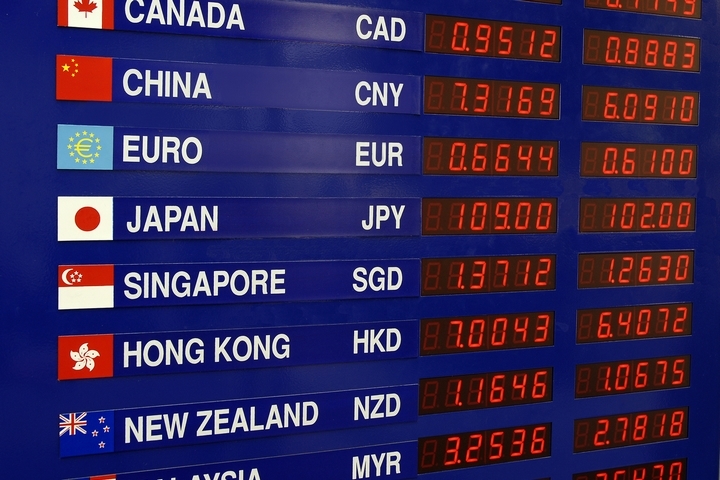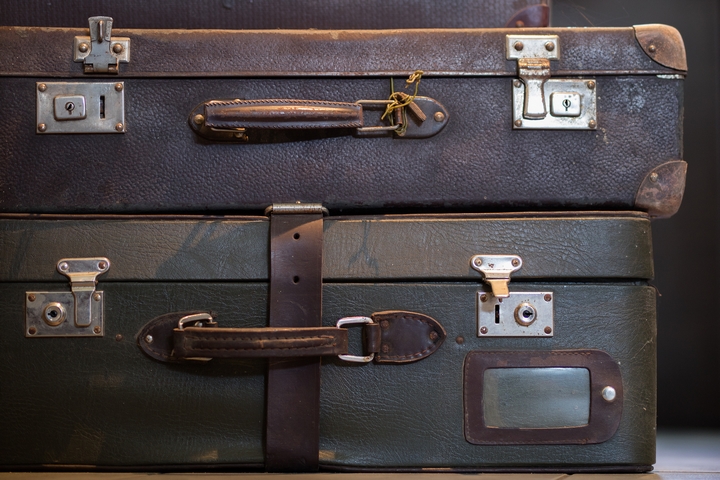Travelling anywhere is an exciting time of your life! Wherever you go, you are guaranteed to gain some new experiences and outlooks on life. However, there are risks to travelling abroad, particularly internationally, because you’re unfamiliar with the culture, may have language barriers and are in an unknown place.
Fortunately, there are a number of things you can do to prepare for the trip to ensure that it goes as smoothly as possible and you can enjoy yourself. See below for five tips to having a successful travel experience abroad.
1. Passport

Your passport is one of the most important items that you bring with you when travelling. Before leaving, make copies of your passport and keep them in a separate place, such as your suitcase or hotel room. If you lose your passport while abroad, having a copy handy can help you prove your citizenship and get back home.
Also, you should make two other copies of your passport and leave one with someone you trust back home and the other in your email as a digital copy.
2. Conversion Rates

Before leaving, familiarize yourself with the conversion rates between your home currency and destination currency. Having a sense of your destination’s currency can help you plan your trip financially.
3. Using Money Abroad

Check if your credit card will work in the place you are travelling to. You should have cash and other methods of payment too, but having a credit card as a backup is a good idea.
Cash is important to have on hand while abroad because not everywhere will take cards, such as buses and trains. You should also have some cash on you upon entering the country because certain destinations charge an entry and exit fee.
When withdrawing cash abroad, aim to go within the country or city you’re visiting, as opposed to in or near an airport. Unlike within the local banks and ATMs, bank machines and tellers in and surrounding airports have more fees and the conversion rate won’t be exact.
Lastly, before you leave, be sure to give your bank a call or notify them somehow that you will be travelling. Sometimes when a transaction suddenly occurs on any of your accounts in a foreign country, the bank will freeze your accounts because it is flagged as fraud.
4. Research

Before you leave, take some time to research the activities you want to do and where you want to go. You’ll only be at your destination for a limited amount of time, considering what you want to do ahead of time will help you make the most of your stay. Learning more about the region and their culture will aid the planning process. If you don’t feel like planning or researching, then partaking in a tour group will be your best bet. For example, you can travel in a simple China tour and enjoy the best that the country has to offer.
If you find an event that you want to go to, buy tickets in advance to ensure that your spot is saved. Guide books are helpful as well, purchase some beforehand to assist with your research. Guide books make great reading material on the plane ride to your destination!
5. Luggage

What you pack in your carry-on bag is just as important as what you pack in your luggage. Your luggage can get lost, be sure to have a change of clothes and necessary toiletries, like toothbrush and toothpaste, in your carry-on luggage just in case.
Depending on how long you’re travelling and where you’re going, you may be able to get away without having to check a bag. You can check the specifications of the airlines you’re taking for carry-on luggage. Not only do you not have to worry about losing your luggage by not checking it, you won’t have to wait for your luggage after your flight which saves time.

